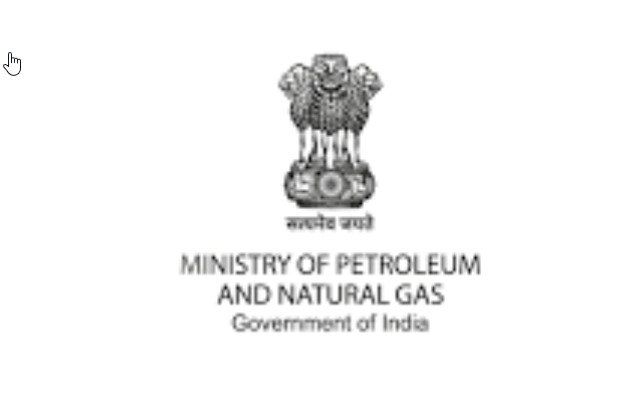Ministry of Petroleum and Natural Gas
The Ministry of Petroleum and Natural Gas (MoPNG) is a ministry of the Government of India responsible for the exploration, production, refining, distribution, marketing, and conservation of petroleum, natural gas, and other liquid fuels. The ministry is headquartered in New Delhi and is headed by a Cabinet Minister.
History
The Ministry of Petroleum and Natural Gas was formed in 1963 by the Government of India. Prior to this, the petroleum sector was under the Ministry of Natural Resources and Scientific Research. In 1966, the ministry was merged with the Ministry of Chemicals and Fertilizers to form the Ministry of Petroleum and Chemicals. However, in 1972, the ministry was bifurcated, and the Ministry of Petroleum and Natural Gas was established as a separate entity.
Vision and Mission
The responsibility of the Ministry of Petroleum and Natural Gas is to ensure the energy security of the country by providing sustainable, affordable, and reliable energy to all citizens.
Functions and Responsibilities
The Ministry of Petroleum and Natural Gas is responsible for the following functions:
- Formulating policies and implementing them for the exploration, production, refining, distribution, and marketing of petroleum, natural gas, and other liquid fuels.
- Granting licenses and leases for the exploration and production of oil and natural gas.
- Regulating the prices of petroleum products and natural gas.
- Ensuring the availability of petroleum products and natural gas throughout the country.
- Promoting the use of alternative fuels and renewable energy sources.
- Encouraging private sector participation in the petroleum and natural gas sector.
- Ensuring the safety and security of oil and gas installations and pipelines.
- Promoting research and development activities in the petroleum and natural gas sector.
Public Sector Undertakings
The Ministry of Petroleum and Natural Gas has several public sector undertakings (PSUs) under its administrative control. These PSUs are responsible for the exploration, production, refining, distribution, and marketing of petroleum products and natural gas in the country. Some of the major PSUs under the ministry are:
- Oil and Natural Gas Corporation (ONGC): ONGC is India’s largest oil and gas exploration and production company. It is responsible for the exploration and production of oil and natural gas in the country.
- Indian Oil Corporation (IOC): IOC is India’s largest commercial enterprise and the leading Indian company in the Fortune Global 500 listing. It is responsible for the refining, distribution, and marketing of petroleum products in the country.
- Bharat Petroleum Corporation Limited (BPCL): BPCL is a leading oil refining and marketing company in India. It is responsible for the refining, distribution, and marketing of petroleum products in the country.
- Hindustan Petroleum Corporation Limited (HPCL): HPCL is a leading oil refining and marketing company in India. It is responsible for the refining, distribution, and marketing of petroleum products in the country.
- GAIL (India) Limited: GAIL is India’s largest natural gas company. It is responsible for the transportation, distribution, and marketing of natural gas in the country.
Initiatives and Policies
The Ministry of Petroleum and Natural Gas has launched several initiatives and policies to promote the growth and development of the petroleum and natural gas sector in the country. Some of the major initiatives and policies are:
- Hydrocarbon Exploration and Licensing Policy (HELP): HELP is a policy framework for the exploration and production of hydrocarbons in India. It provides a uniform licensing system for all hydrocarbons, including oil, gas, coal bed methane, and shale oil/gas.
- Pradhan Mantri Ujjwala Yojana (PMUY): PMUY is a scheme launched by the Government of India to provide free LPG connections to women from poor households. The scheme aims to promote the use of clean fuel and improve the health of women and children.
- Pradhan Mantri Ji-Van (Jaiv Indhan-Vatavaran Anukool Fasal Awashesh Nivaran) Yojana: This scheme aims to promote the use of compressed biogas (CBG) as an alternative fuel for transportation. The scheme provides financial incentives for setting up CBG plants and the purchase of CBG-fuelled vehicles.
- National Biofuels Policy: The National Biofuels Policy aims to promote the use of biofuels in the country. The policy sets a target of 20% blending of ethanol in petrol and 5% blending of biodiesel in diesel by 2030.
- City Gas Distribution (CGD) Network: The CGD network aims to provide natural gas to households, commercial establishments, and industries in cities and towns across the country. The government has set a target of connecting 10 million households to the CGD network by 2024.


